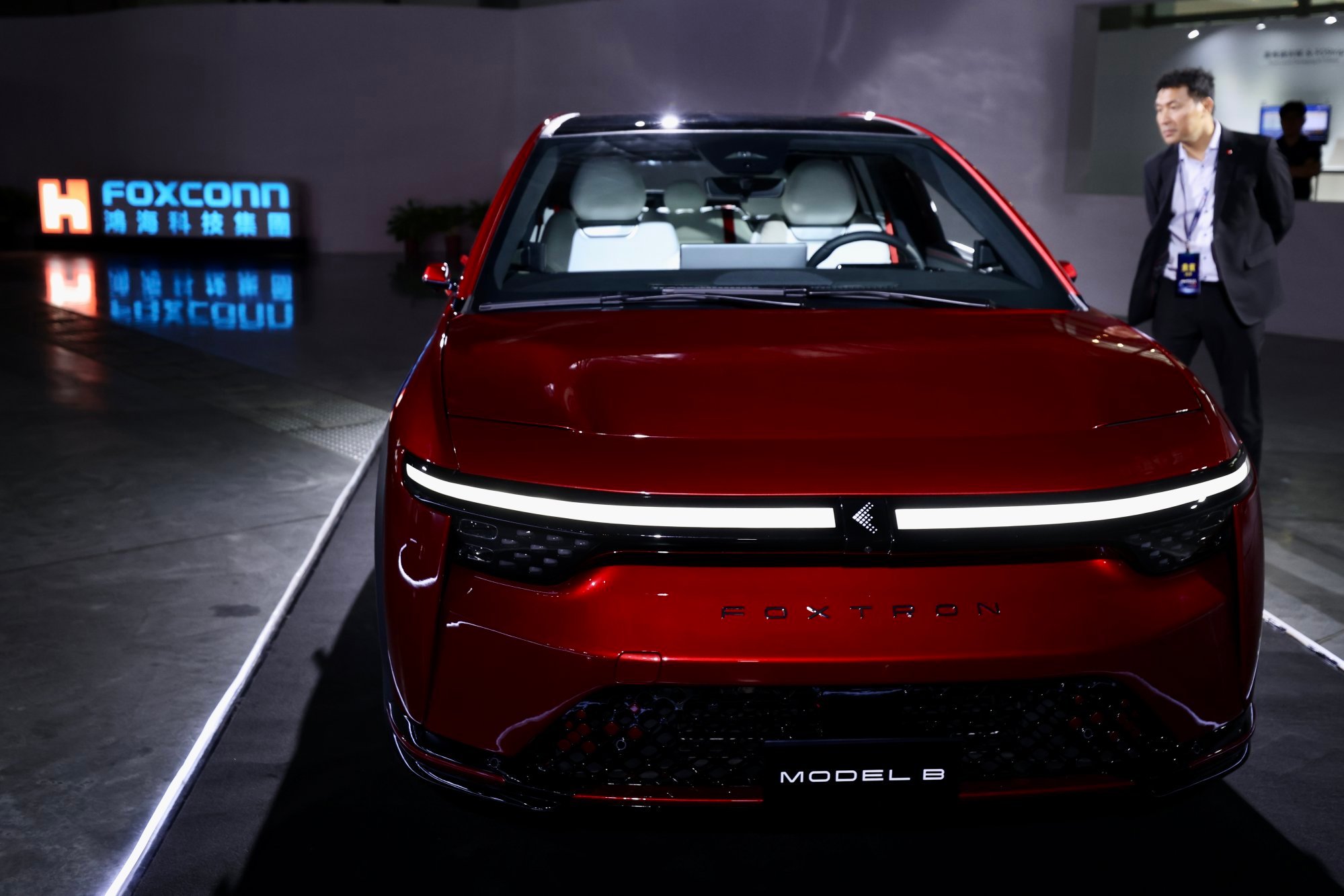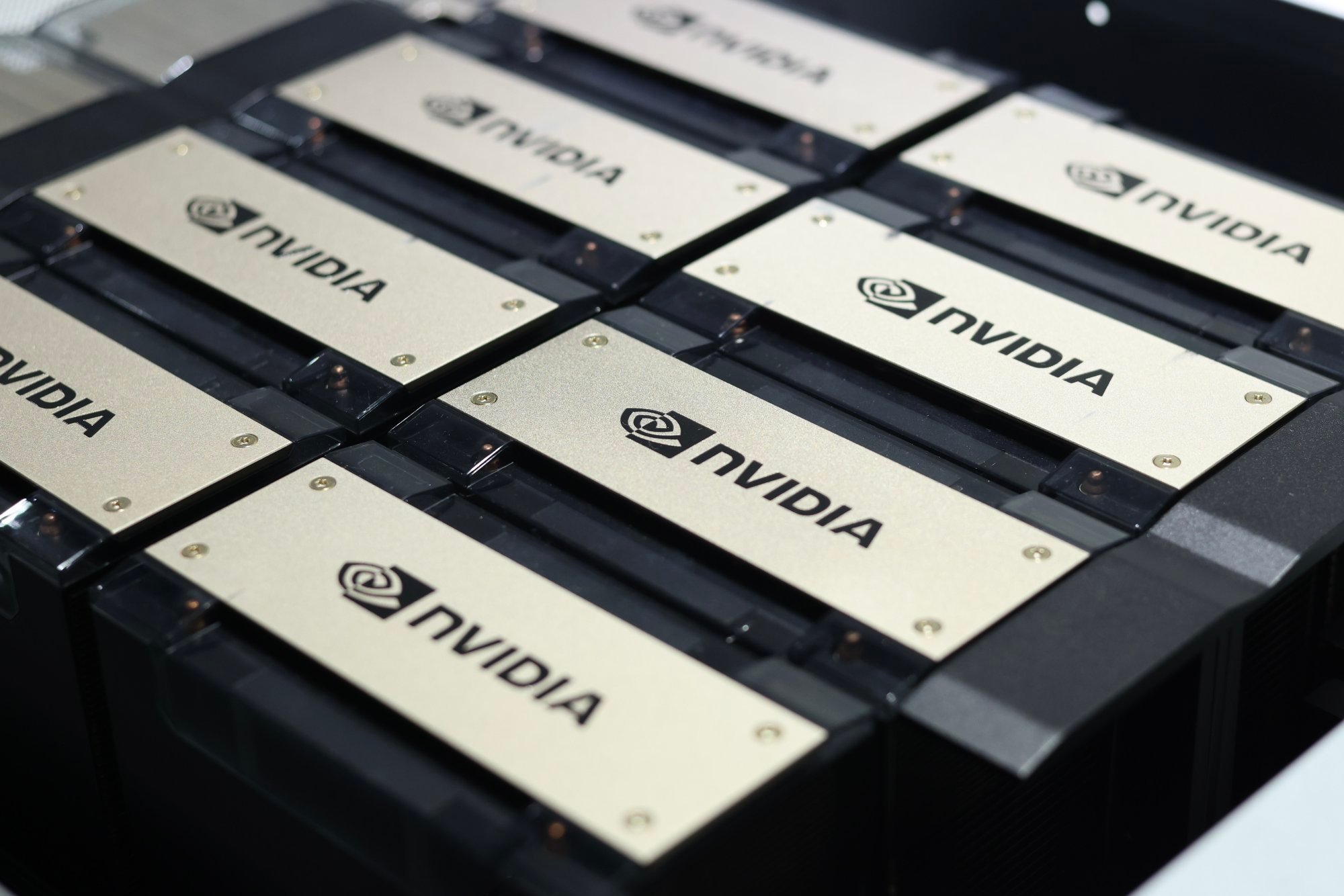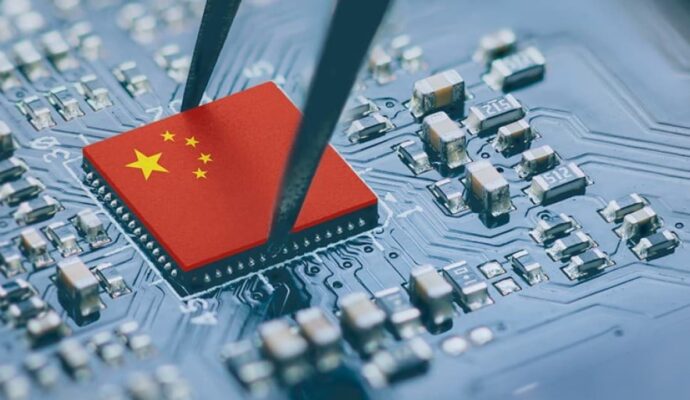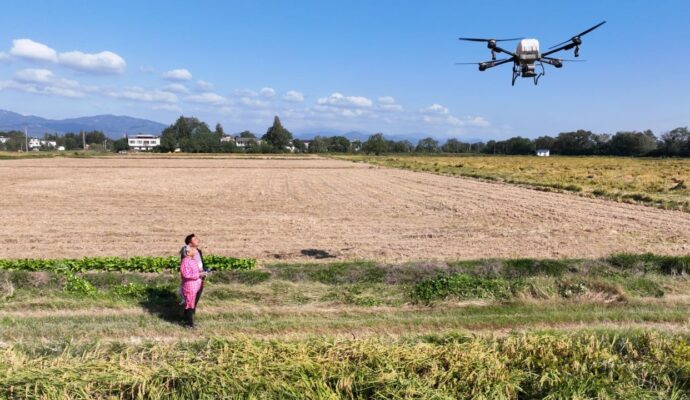“A new type of manufacturing has emerged – the production of intelligence. And the data centres that produce it are AI factories,” Huang said, adding that Foxconn had the expertise and scale to build them globally.
Showing a hand-drawn sketch, Huang explained how these “AI factories” could be applied to a fleet of autonomous vehicles.

“This car would of course go through life experience and collect more data. The data would go to the AI factory,” the Taiwan-born Huang said. “The AI factory would improve the software and update the entire AI fleet. In the future, every company, every industry, will have AI factories.”
Nvidia’s shares have tripled in 2023, giving the company a market value of more than US$1 trillion, driven by excitement over the central role of the company’s chips in AI applications.

In January, Foxconn and Nvidia announced a partnership to develop autonomous vehicle platforms, in which the Taiwanese contractor would manufacture electronic control units for cars based on Nvidia’s DRIVE Orin system-on-a-chip to sell to the global market.
Liu, standing next to Huang, said Foxconn is “trying to convert itself from a manufacturing service company to a platform solution company”, citing smart cities and smart manufacturing as other applications for AI factories.
Foxconn’s shares closed down 0.9 per cent on Wednesday, compared with a 1.2 per cent fall on the broader market.


